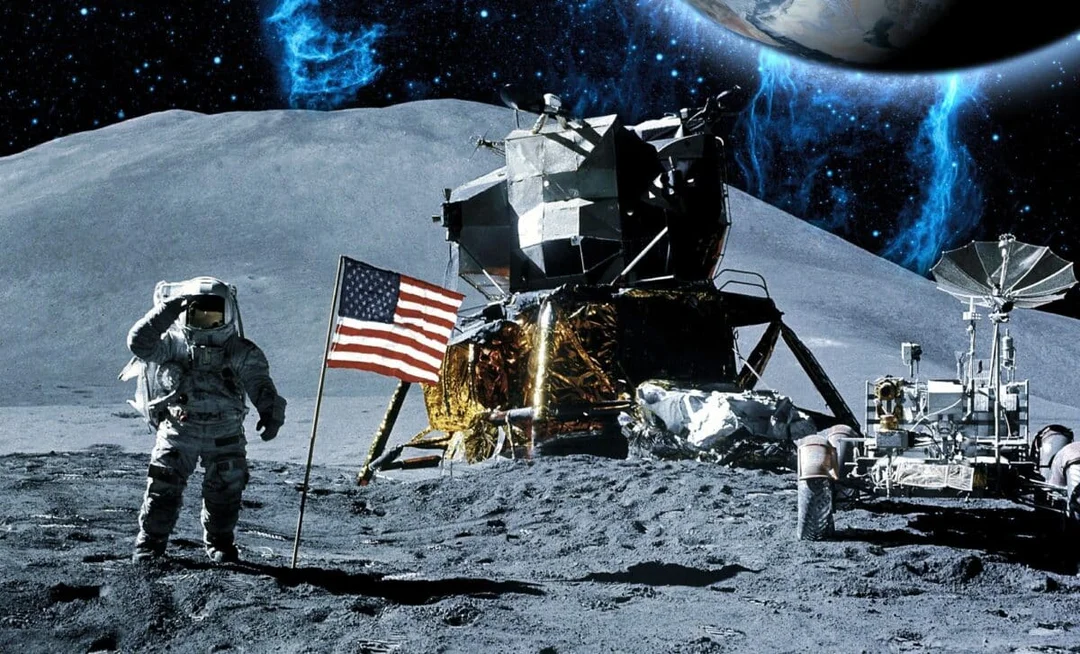
NASA to Establish Lunar Time Zone by 2026: A Giant Leap for Space Coordination
Get ready for lunar time! NASA, under White House directive, is forging ahead to create the first official time zone for the Moon, named Coordinated Lunar Time (LTC). This ambitious project aims to synchronize lunar missions, spacecraft operations, and navigation by establishing a unified and precise timekeeping system. As international efforts to build a lasting presence beyond Earth intensify, this initiative marks a pivotal step in space infrastructure.
But why does the Moon need its own time zone? The answer lies in the fascinating physics of space. As clocks tick faster on the Moon due to weaker gravity, a discrepancy of approximately 58.7 microseconds per Earth day arises. While seemingly insignificant, this variance could lead to substantial navigational errors in missions requiring nanosecond-level precision.
NASA's Kevin Coggins aptly compares it to the Earth's heartbeat: "Think of the atomic clocks at the US Naval Observatory. They’re the heartbeat of the nation, synchronizing everything. You’re going to want a heartbeat on the Moon."

The upcoming generation of space activities can no longer rely on mission-elapsed time. The recently passed Celestial Time Standardization Act legally mandates NASA to establish this new time zone before the end of 2026. The LTC system will be compatible with Earth’s Coordinated Universal Time (UTC) but adapted to lunar conditions, using atomic clocks on or orbiting the Moon.
An OSTP official emphasized the critical nature of a unified lunar standard: "Imagine if the world wasn’t syncing their clocks to the same time—how disruptive that might be." Without it, secure data transfers, accurate positioning, and synchronized communications would be severely hampered.
Lunar time standardization will not only streamline operations on the Moon but also serve as a foundation for future time systems on Mars and other celestial bodies. NASA is already collaborating with international space agencies and private companies to define this clock of the cosmos. As numerous entities prepare for lunar operations, LTC will guarantee harmonious synchronization.

Beyond the technical requirements, establishing a lunar time zone represents a paradigm shift in our approach to space exploration. It’s an acknowledgment of the increasing complexity and international collaboration defining the future of humanity beyond Earth.
What are your thoughts on lunar time? Share your perspectives in the comments below!